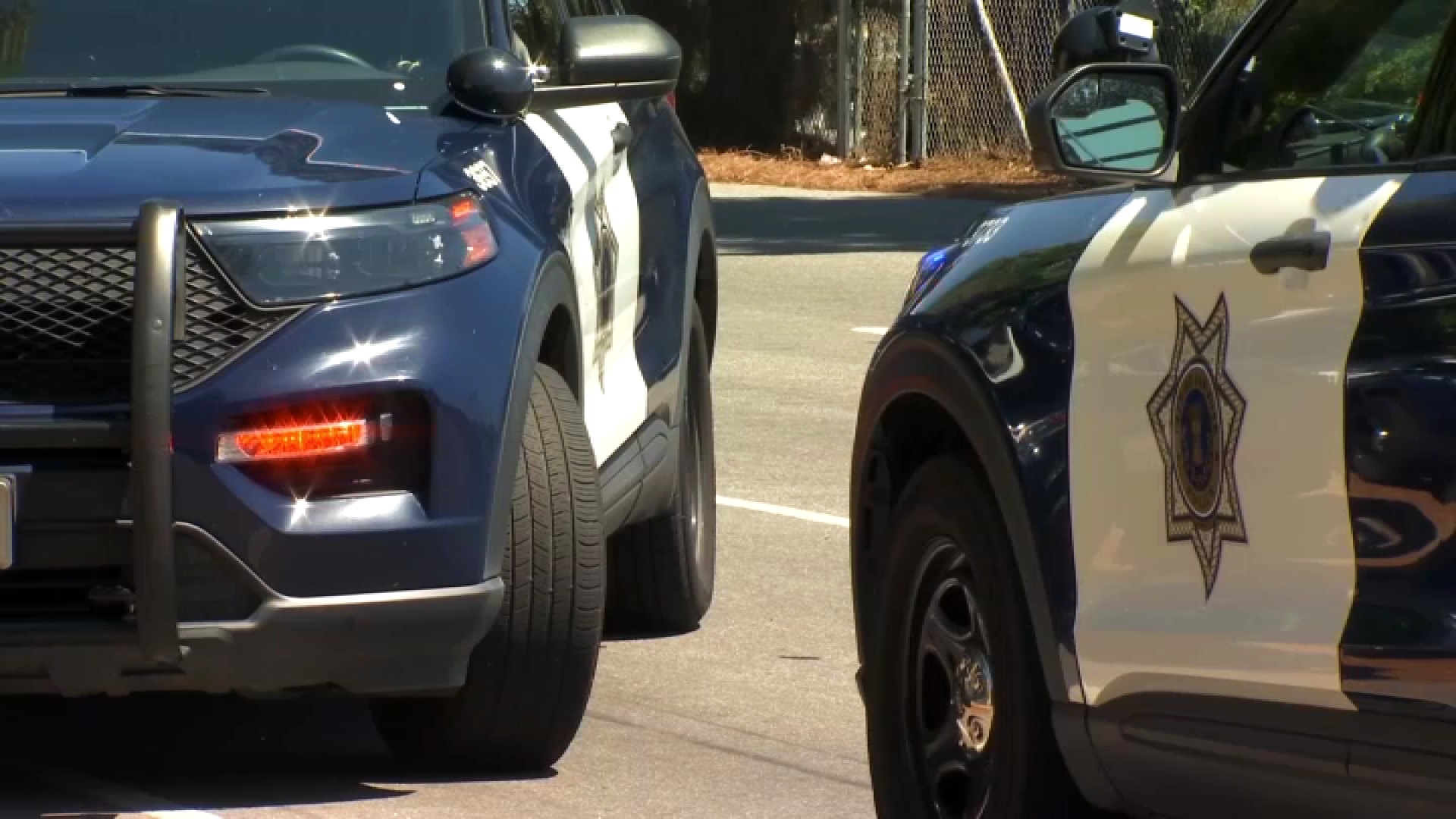When the San Joaquin County Board of Supervisors stripped Sheriff Steve Moore of his duties as coroner in April, following the resignation of the county’s renowned chief medical examiner and an audit recommending the creation of an independent medical examiner's office that doesn't answer to the Sheriff, it brought a lot of attention to a county not used to making national headlines.
That chief medical examiner, after all, was none other than Dr. Bennet Omalu, best known for discovering the link between football and a concussion-related degenerative brain disease. Actor Will Smith played the role of Omalu in the movie “Concussion.”
But critics of the Sheriff say he was let off the hook too easily for another issue that first surfaced four years ago: The possible failure to extradite wanted fugitives back to San Joaquin County who are arrested across state lines.
In 2014, records from the FBI’s National Crime Information Center (NCIC) indicated Moore’s office was unwilling to extradite back to San Joaquin County 267 of the county’s 833 wanted suspects with felony warrants, nearly one in every three, if they were apprehended in another state. Some of those wanted suspects with “no extradition” warrants were suspected of committing violent crimes, including five wanted for murder, one wanted for kidnapping, and another 17 wanted for sex crimes. That means if those wanted fugitives were arrested in another state, the arresting agency would see in the NCIC system that San Joaquin County was unwilling to transport the suspect back to the county, and the fugitive might be released.
Although the NCIC system is controlled by the FBI, local law enforcement agencies are responsible for entering whether they’re willing to extradite a wanted suspect if they’re caught in another state. No other nearby law enforcement agency came close to San Joaquin County in the number of wanted suspects listed in the system with “no extradition” warrants.
Nearby, for example, the Sacramento Police Department and Sacramento Sheriff’s Department were almost always willing to extradite suspects with felony warrants across state lines. Of the nearly 3,000 felony warrants in the system, only 13 were listed as “no extradition” warrants, and none of them were for violent crimes.
Back in 2014, the San Joaquin County Sheriff’s Office department spokesperson Les Garcia blamed a computer glitch for those “no extradition” warrants. He said the Department of Justice made changes to the database in 2013, and prior entries may have been changed to “no extradition” warrants as a result.
Local
But no other law enforcement agency contacted in 2014 mentioned this potential computer glitch, and no other nearby law enforcement agency had nearly as many “no extradition” warrants in the NCIC system, causing some to wonder if a computer glitch was truly the culprit.
Retired FBI Agent Jeff Rinek recalls hearing Sheriff Moore blame the supposed computer glitch at a sheriff’s debate four years ago. Rinek, who’s been a vocal critic of the Sheriff for years, says he didn’t believe Moore then and still doesn’t believe him now.
“He stated in cases where a fugitive record had not been updated, the NCIC would automatically place that fugitive as non-extraditable,” Rinek said. “I do not accept his explanation.”
Rinek said those “no extradition” warrants, especially for potentially violent fugitives, could be putting people in jeopardy.
“I believe that San Joaquin County has liability if any of these fugitives that could have been extradited were not extradited and caused subsequent harm in the community they were located in,” Rinek said.
Getting answers about what’s happened since 2014 hasn’t been easy.
The FBI declined to provide updated NCIC data in response to a Freedom of Information Act request submitted by NBC Bay Area.
The Sheriff’s Office, when asked by NBC Bay Area several weeks ago, said it did not know how many of its wanted suspects have been extradited over the past few years, or even how many have been arrested outside of San Joaquin County. According to Chief Deputy County Counsel Kristen Hegge, who responded to questions sent to the Sheriff’s Office, that’s because the District Attorney’s Office is in charge of handling the extradition process.
But in a previous email, Hegge said the Sheriff’s Department would, in fact, be notified if one of their wanted suspects was arrested by another law enforcement agency.
“The District Attorney decides when to pursue extraditions (on a case by case basis),” Hegge wrote in an email to NBC Bay Area. “The Sheriff’s Department is notified when someone is detained or arrested out-of-state on a San Joaquin County warrant. They then contact the District Attorney. The District Attorney decides whether to extradite and initiates the process.”
Hegge did not respond to a follow-up email asking why the Sheriff’s Office didn’t know how many of its wanted suspects were arrested in another state or county, despite the fact that the Sheriff’s Office is the only agency that receives notification of such an arrest.
NBC Bay Area sent questions to the District Attorney’s Office more than two weeks ago seeking similar information, but has not yet received answers.
The District Attorney's Office did, however, provide invoices for each out-of-state extradition performed by the County over the past few years, but the names of prisoners were redacted, so it's impossible to tell if any of those suspects were wanted by the Sheriff's Office or if they were wanted by another San Joaquin County law enforcement agency. It's also impossible to tell what they were wanted for.
NBC Bay Area was able to learn through a California Public Records Act Request that the County uses a Manteca-based company called American Patriot Protection to perform out-of-state extraditions. But that company, according to the California Public Utilities Commission, is not even licensed to transport prisoners. The company’s owner, Joshua Lee, said he would have to call back when NBC Bay Area reached him by phone. He never did.
Rinek said he’s troubled by the fact the County is using a company to transport prisoners that’s not licensed to do so.
“The vendor has a responsibility to go through a whole process to be certified as a vendor,” Rinek said. “It says to me that the County is content to use the Three Stooges to transport their violent prisoners if they think it will save them money.”



